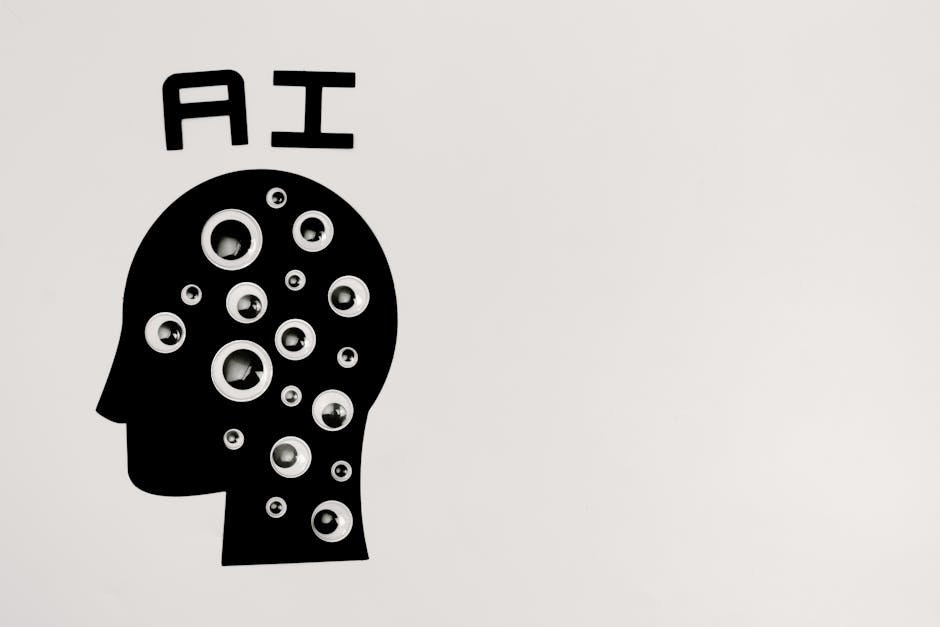 The Rise of Young AI Models and Its Impact on Technology
The Rise of Young AI Models and Its Impact on Technology
Read more now or check it out! on this site to get useful info. on the emergence of young AI models and their influence on technological advancements.
Young AI models are essentially the latest generation of AI technologies that are built using cutting-edge machine learning algorithms and vast datasets. These models are known for their rapid learning capabilities, adaptability to new environments, and proficiency in managing complex tasks more efficiently than their predecessors.The term “young” refers to their status as the latest innovations in the field of AI, rather than their actual age.
In the healthcare sector, young AI models are being used to personalize patient care through more accurate diagnostics and tailored treatment plans. These models have the ability to swiftly analyze extensive amounts of medical data, detecting patterns that might otherwise take humans considerably longer to identify.This capability can lead to earlier detection of diseases and more effective interventions.
In the automotive industry, AI is revolutionizing the way cars are built and driven. Young AI models play a key role in developing autonomous driving systems that can more accurately predict and respond to traffic scenarios.These models also improve manufacturing efficiency, reduce costs, and boost the quality of vehicles.
In the entertainment industry, AI models are enhancing gaming by creating more immersive and interactive experiences. They can adjust the game’s difficulty on the fly according to a player’s skill level or even craft dynamic storylines that change based on the player’s decisions, ensuring that no two gaming sessions are the same.
Young AI models are central to advancing smart home technologies by learning the preferences of residents and automating tasks such as lighting, heating, and security based on recognized patterns. This capability not only increases comfort but also optimizes energy efficiency.
AI has transformed the online shopping landscape with features like personalized product recommendations and virtual fitting rooms. By analyzing your preferences and browsing patterns, AI models tailor the shopping experience to suit your individual needs.
As we integrate more AI into our lives, we must address the ethical implications. This includes ensuring that AI systems are developed and deployed in a way that is fair and does not discriminate. It’s also important to maintain transparency about the decision-making processes of AI models and to clearly establish accountability for those decisions.
Regarding employment, AI could displace some jobs but also create new opportunities in areas like AI maintenance, programming, and system management. Educational and training institutions need to adjust by offering skills that support and augment AI technologies, rather than compete with them.
The integration of AI into everyday life and multiple industries is just beginning. As AI technology continues to advance, we can expect even more innovative applications and smarter AI models that push the boundaries of what’s possible.However, it is crucial to balance continual innovation with careful consideration of the social, ethical, and economic impacts to ensure that AI positively benefits the entire society.
The emergence of young AI models is transforming both the technology sector and everyday life. These sophisticated systems provide remarkable abilities and conveniences, yet they also present challenges that need to be managed. By embracing these technologies and being aware of their implications, we can utilize AI’s full potential to enhance our world in meaningful ways.